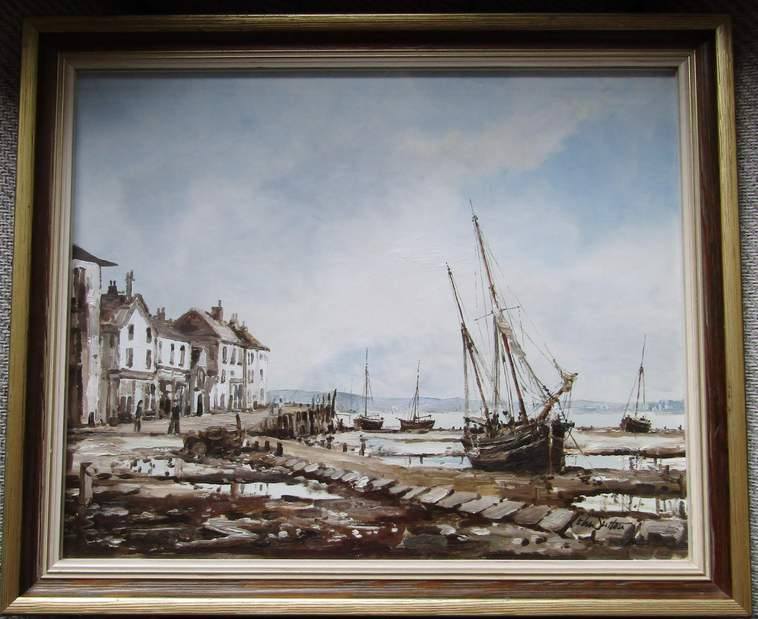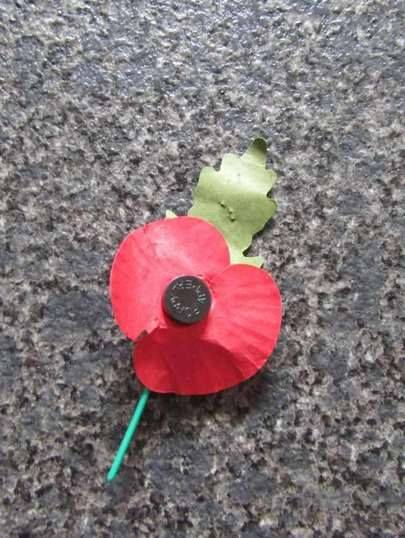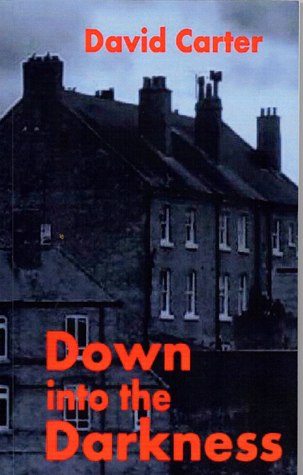In My Blood by Greg Waggett - Book Review
Greg Waggett was a career soldier and when he eventually left the service he found himself at a loose end and so he did what many people do, he started a property letting agency. But that didn’t satisfy him for long and the money wasn’t great, and who wants to be chasing around difficult tenants all day? – (I know – been there – done that!) – so he started an advertising agency and that did okay, until things started to change, and maybe he needed something more – maybe there was a midlife crisis in there somewhere too, but he went back into the service, in a way, when he joined a PSC, a Private Security Company, utilising the skills he’d picked up in the Army… working in the Middle East and Libya and anywhere else where such people are always needed.
It isn’t everyone’s idea of fun, escorting Corporation personnel around difficult terrain, guarding installations, being shot at, but the pay was good, £300 a day, and that was ten years ago, probably double that today, but the risks were and are enormous, as many people have found out to their terrible cost.
This is his story and a cracking read it is too. I learned a lot, some trivial information, and others not. Here are two weird facts that stick in the mind. Did you know where Winston Churchill first found himself in a war situation? Everyone says: South Africa, and everyone’s wrong. Greg says Cuba, and Greg is right. And here’s another useless fact. Did you know that they don’t have eggcups in Kuwait? Nothing to dip your soldiers in? Catastrophe eh? Answer? A used toilet roll. Can’t you just see it set up on the table, boiled egg sitting proud, top off, salt and pepper on, soldiers in!!! Great.
Greg Waggett is a prescient man. He said that if the American led coalition ever left Iraq for a second time the country and surrounding area would descend into chaos, and they would have to go back in and sort it out all over again, and that is precisely what is happening today. He can also write – this book is very well written, full of the kind of humour that is right up my street. He comes across as a man you’d want to share a G & T with, and if he ever wants to slow down a tad and find a new career, maybe he should consider writing a work of fiction based on the conflicts in the area, for I’m petty sure it would be better than a lot of the special forces stuff that has been written and put out up ’till now.
Later on there are equally interesting chapters based in East Africa, in Juba and Nairobi and Mombassa and Dar, just as South Sudan was going through a difficult birth. There are a number of small colour photos – I’d have preferred larger ones - and even a nod to long distance internet dating – (quite amusing too) after all, what else is there to do at night stuck out in the back of beyond?
Greg Waggett is an opinionated man, and that’s cool, he says it as it is, without the shackles of political correctness, and that sure makes a change in this mollycoddled day and age, and I found, as I suspect many people of my, and his generation, that I agreed with almost every word.
In case you hadn’t gathered I thoroughly enjoyed this book, in fact it is the best book I have read in the last twelve months, and might I also suggest that it should be essential reading for anyone considering joining a PSC or similar, anywhere throughout the world’s trouble spots, especially working within the turbulent Arabic world. The money maybe good, but the risks can be enormous, and it isn’t suitable for everyone, and some really do pay the ultimate price. Read the book before ye go! It might change your mind, it might open your eyes, it might even speed your journey. Highly recommended.


